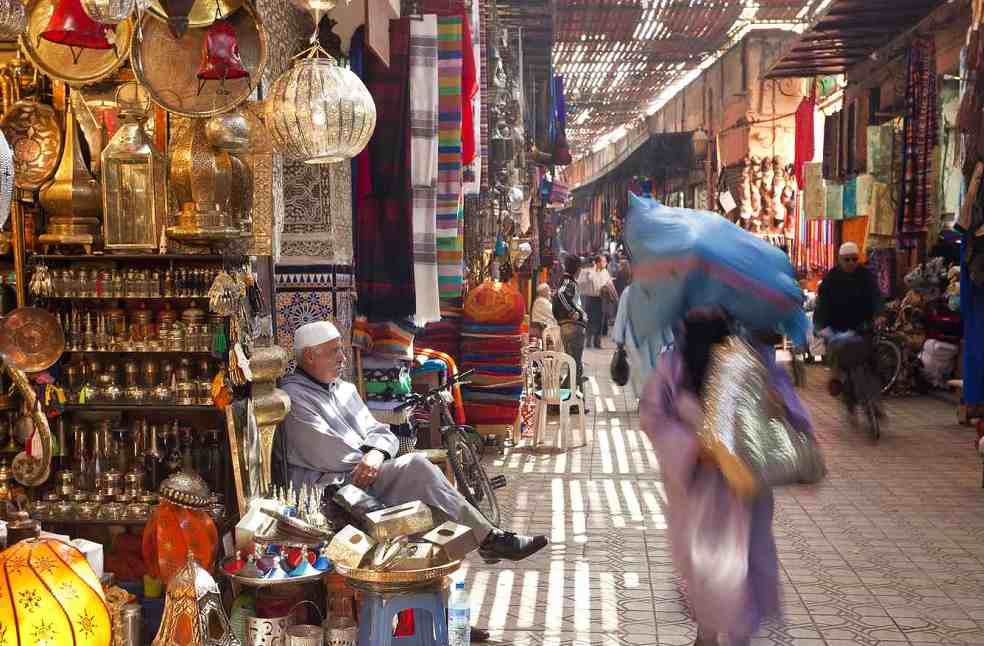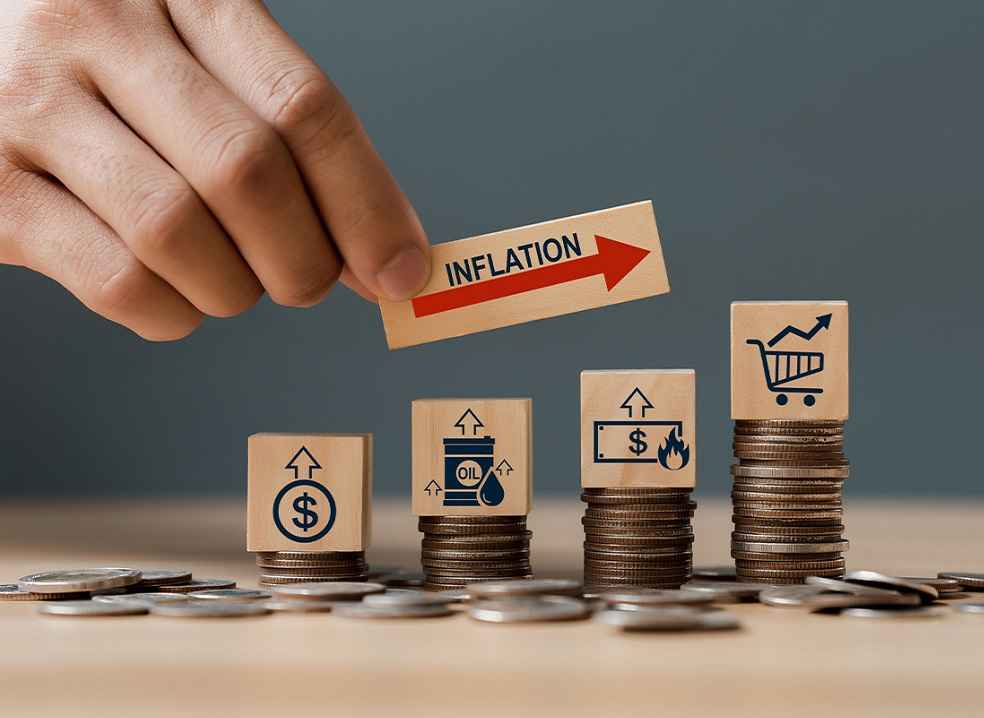2022’s global economy, including Morocco’s economic landscape, experienced unprecedented turbulence, marked by a drastic reduction in growth and a spike in inflation. The Economic, Social and Environmental Council’s 12th annual report offers a detailed analysis of these challenging times, with a special emphasis on Morocco’s economic resilience and adaptation.
Global economic growth fell sharply from 6.3% to 3.4%, while inflation escalated from 4.7% to 8.7%, largely due to the Russo-Ukrainian war’s impact. The report sheds light on the influence of these global events on commodity prices and inflation.
The Moroccan economy, specifically, saw growth drop from 8% to 1.3% in 2022. This decline is attributed to the lingering effects of the COVID-19 pandemic and a severe drought impacting agriculture. These factors highlight Morocco’s struggle to balance domestic and global pressures.

Despite these hurdles, some sectors like tourism flourished, evidenced by a 166% increase in travel revenue. Nonetheless, challenges persisted with a growing trade deficit, inflation reaching 6.6%, and a loss of 24,000 jobs.
The report emphasizes the need for nuanced economic policies focusing on enhancing investment quality to foster growth. Significant reforms in the latter half of 2022, including the adoption of a new investment charter and activation of the Mohammed VI Investment Fund, aimed to improve the business climate.
To tackle inflation, the report suggests robust measures like strengthening oversight of anti-competitive practices, temporary price controls on essential items, and subsidies for agricultural inputs.

The report concludes by stressing the need to improve investment efficacy, tailor policies to bolster purchasing power against ongoing inflation, and address the shortage of healthcare professionals in Morocco. These steps are vital as Morocco navigates the complex global economic landscape.
BUSINESS GENERAL | Saudi Housing Market Soars in Q3 2023, Defying Global Economic Shifts



